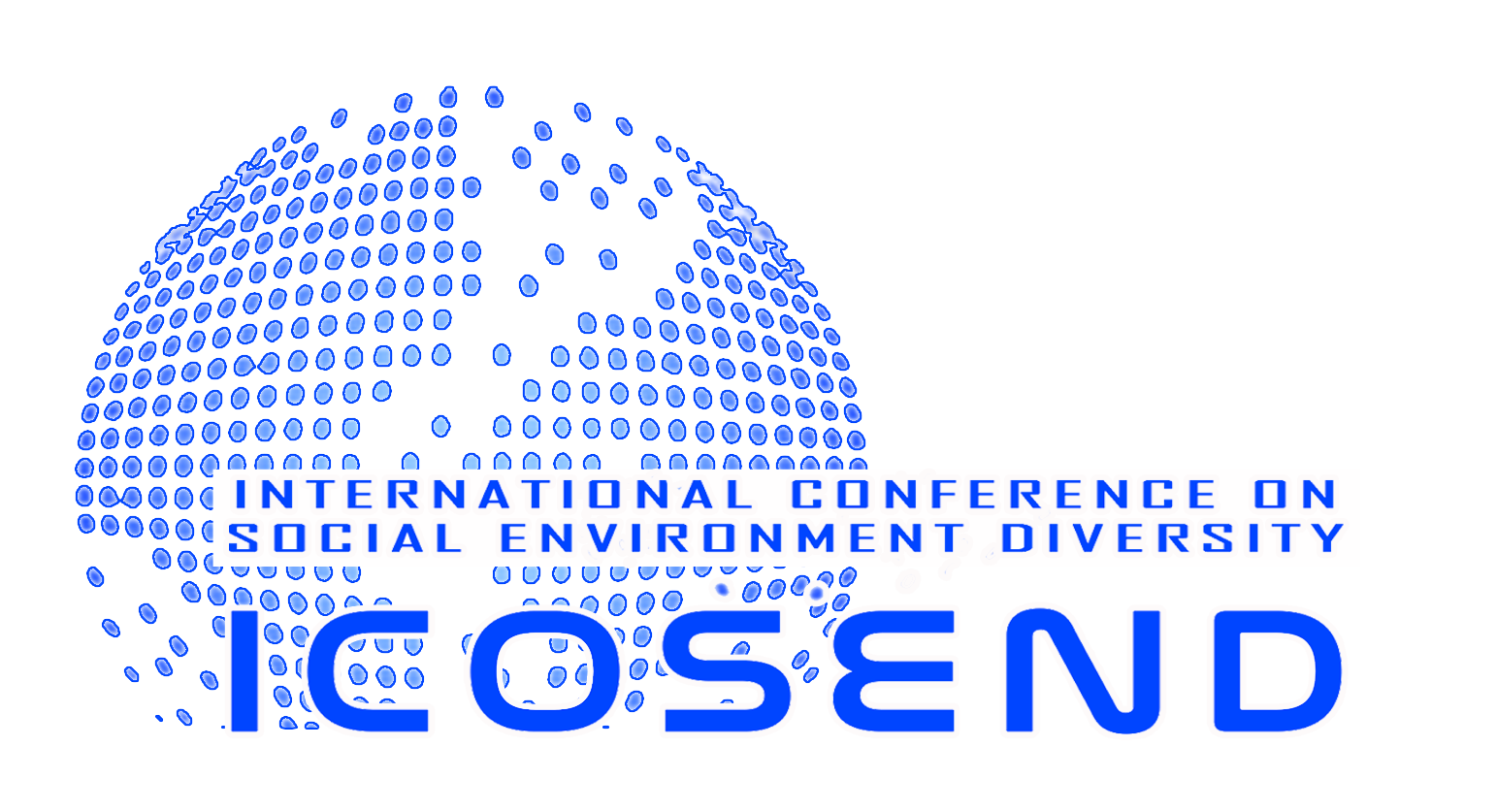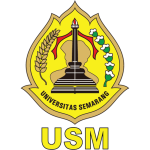We apply Zero tolerance towards plagiarism and establish the following policy stating specific actions (penalties) when plagiarism is identified in an article submitted for publication in ICOSEND.
Definition: Plagiarism involves the “use or close imitation of the language and thoughts of another author and the representation of them as one’s own original work.”
Policy: Papers must be original, unpublished, and not pending publication elsewhere. Any material taken verbatim from another source needs to be clearly identified as different from the present original text by (1) indentation, (2) use of quotation marks, and (3) identification of the source.
Any text of an amount exceeding fair use standards (herein defined as more than two or three sentences or the equivalent thereof) or any graphic material reproduced from another source requires permission from the copyright holder and, if feasible, the original author(s) and also requires identification of the source; e.g., previous publication.
All submitted papers will be checked by Turnitin. When plagiarism is identified, the Scientific Committee will be responsible for the review of this paper and will agree on measures according to the extent of plagiarism detected in the paper in agreement with the following guidelines:
- Similarity Index above 40%: Article Rejected (due to poor citation and/or poor paraphrasing, article outright rejected, NO RESUBMISSION accepted).
- Similarity Index (15-40%): Send to the author for improvement (provide correct citations to all places of similarity and do good paraphrasing even if the citation is provided).
- Similarity index Less than 15%: Accepted or citation improvement may be required (proper citations must be provided to all outsourced texts).
In cases 2 and 3: The authors should revise the article carefully, add required citations, and paraphrase outsourced text well. And resubmit the article with a new Turnitin report showing. - NO PLAGIARISM and similarity less than 15%.



